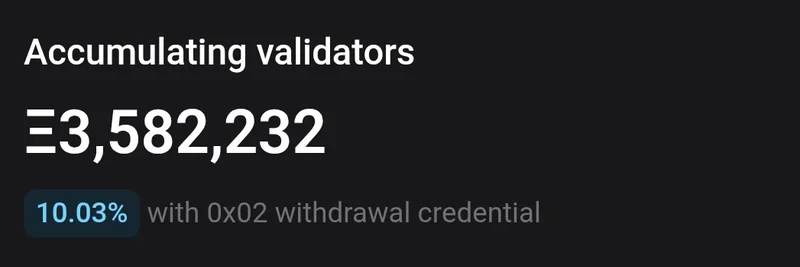In the fast-paced world of blockchain, Solana has become a hotspot for meme tokens, thanks to its high-speed transactions and low fees. But even the best networks have room for improvement. Recently, Uri Klarman, CEO of bloXroute Labs, shared his take on what he'd do if he were Solana's "benevolent dictator." His ideas, posted in a thread on X (formerly Twitter), build on a similar proposal from Drift Protocol co-founder Cindy Leow (posting as @crispheaney). Let's break it down and see how these changes could supercharge Solana for meme coin enthusiasts and developers alike.
Klarman's vision starts with slashing Solana's token inflation to zero. Right now, Solana mints new SOL tokens to reward validators—the folks who keep the network running securely. This inflation helps incentivize staking but can dilute the token's value over time. By cutting it to zero, Klarman argues the network could become more efficient without the constant influx of new tokens. For meme token traders, this could mean a more stable SOL price, making it easier to predict costs for pumping your favorite cat or dog coin. As one reply in the thread noted, stakers might then earn yields solely from transaction fees, shifting the economic model toward real network usage.
Next up is introducing a "drop-on-revert syscall." This might sound technical, but it's a game-changer for transaction handling. In Solana, transactions can "revert" if they fail—think of it like a bounced check. Currently, even reverted transactions might still eat up priority fees, which are tips users pay to get their trades processed faster. Klarman's syscall would let these failed transactions drop out entirely, as if they never happened, while still counting toward compute unit limits to prevent spam. He mentions it's compatible with MCL (likely referring to Multi-Core Leader, a potential upgrade for parallel processing). For meme token launches or high-volume trading, this could reduce wasted fees and make the network feel snappier, especially during those wild pump-and-dump sessions.
Finally, Klarman wants to abolish "bundles." These are groups of transactions bundled together, often via services like Jito, to ensure they land in a specific order—crucial for things like arbitrage or sniping new meme coins. But bundles rely on centralized block engines, which can create bottlenecks and unfair advantages. By scrapping them, transactions would go straight to the leader validator, promoting a more decentralized and fair system. Klarman believes this, combined with the other changes, would make the network faster and more reliable, ultimately driving up SOL's price.
The original post from @crispheaney suggested abolishing the SFDP (Solana Foundation Delegation Program), which subsidizes validators to keep the network decentralized, and letting validator numbers drop naturally. Klarman's twist keeps the zero-inflation idea but swaps in tech-focused tweaks for better transaction flow. Replies to his thread highlight ongoing debates: one user pointed out existing revert mechanisms but noted the fee issue, while another worried about spam. Klarman clarified that capping compute units for drop-on-revert could mitigate risks, reducing the need for out-of-protocol tips.
For the meme token community on Solana, these proposals could mean fewer failed trades, lower effective costs, and a more robust platform for viral launches. Networks like Solana power hits like Pump.fun or countless dog-themed tokens, and efficiency upgrades directly impact trader experience. If implemented, they might attract even more builders, solidifying Solana's edge over rivals like Ethereum or Base.
While these are just hypothetical ideas, they spark important conversations about Solana's future. Check out the full thread on X to join the discussion. What's your take—would zero inflation pump SOL to new highs, or is the current model just fine?

